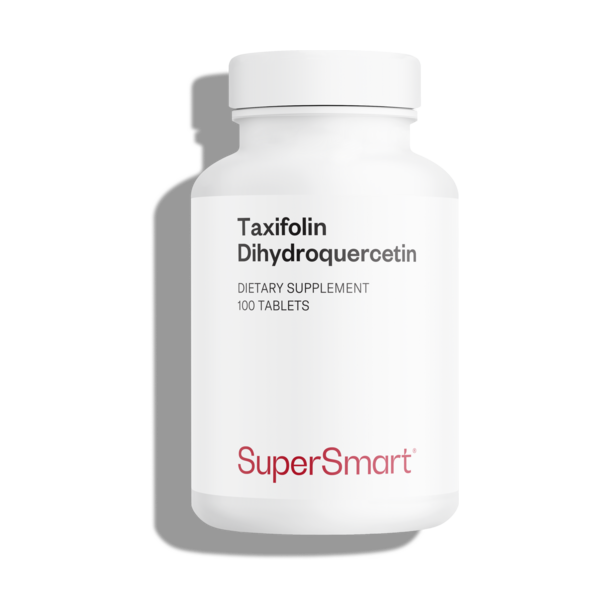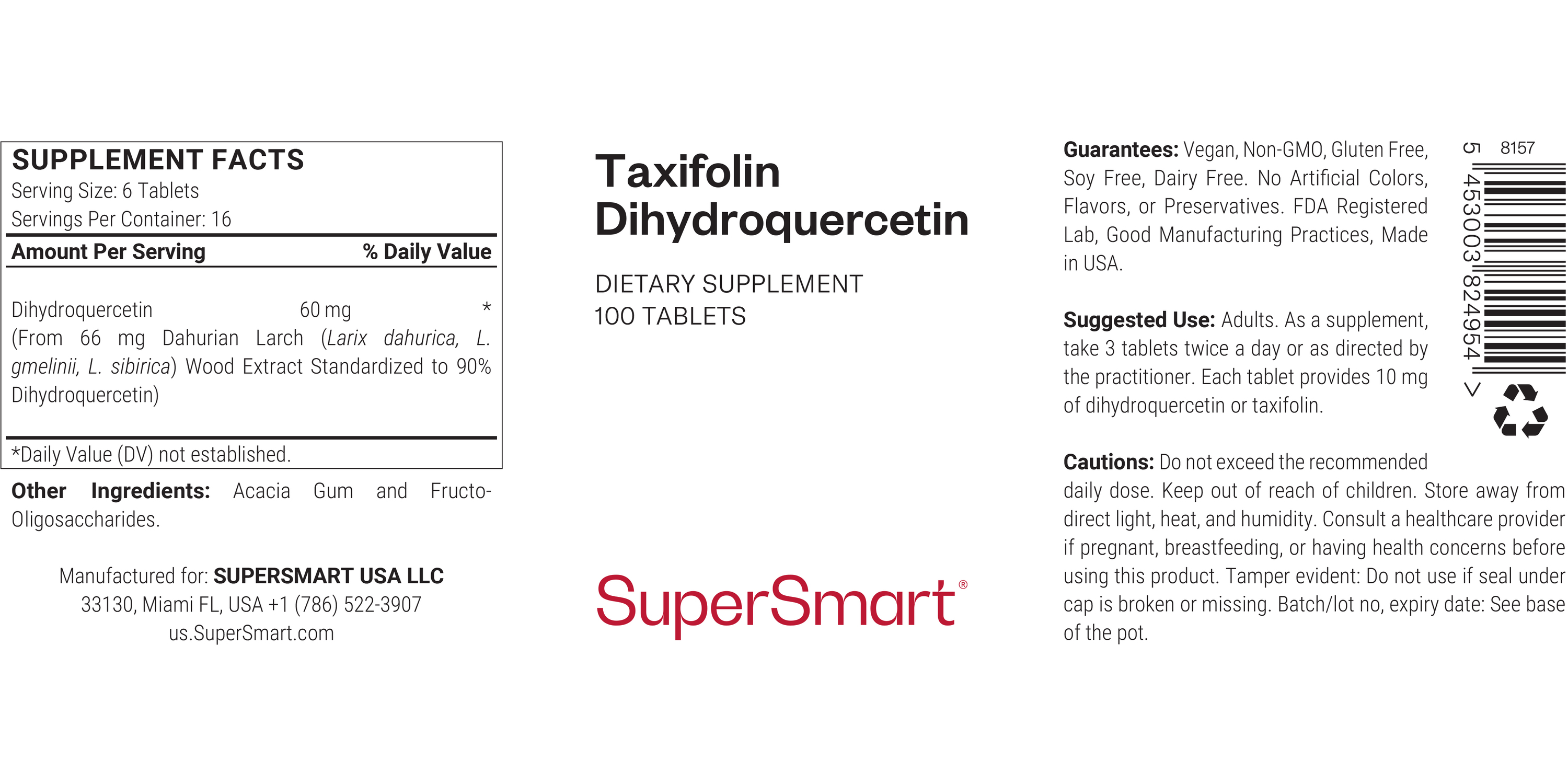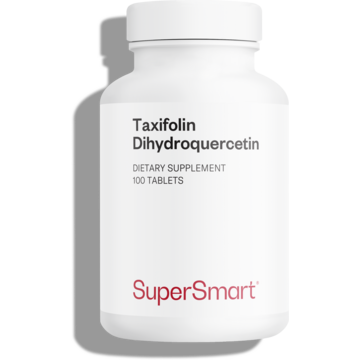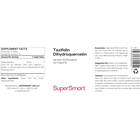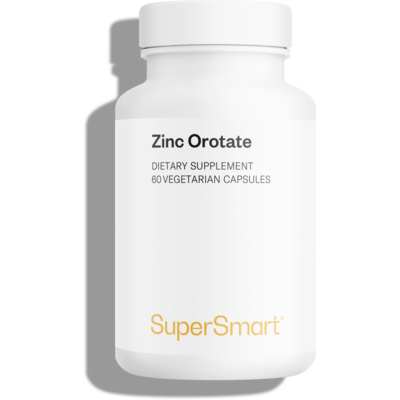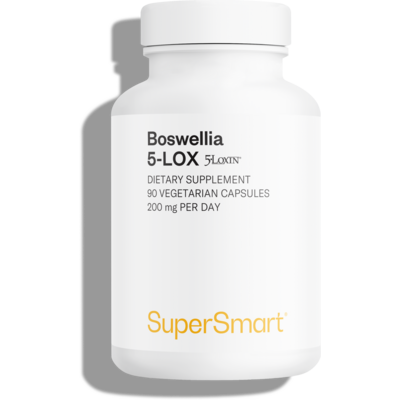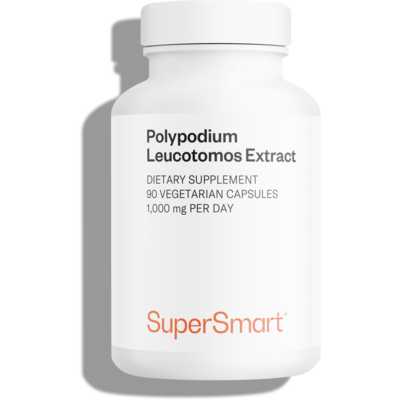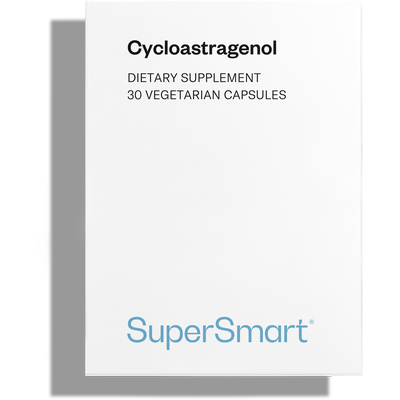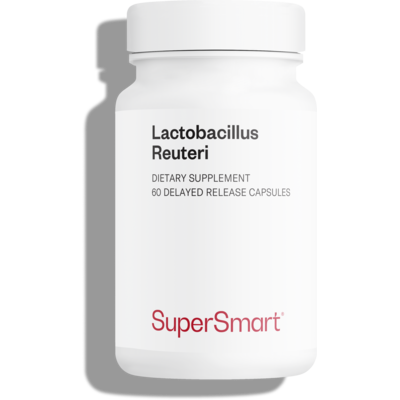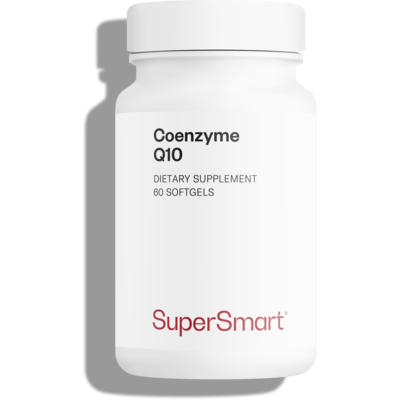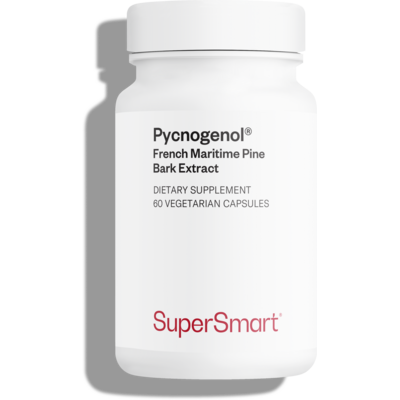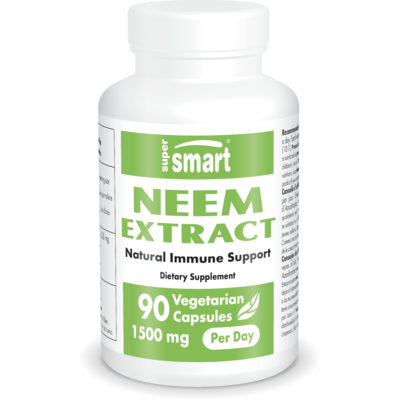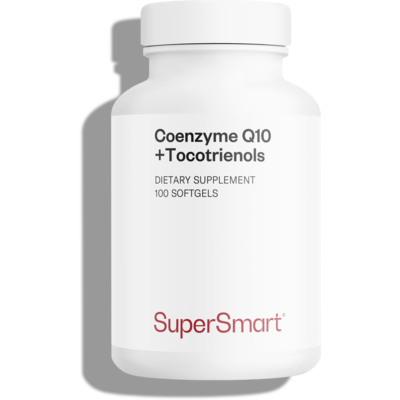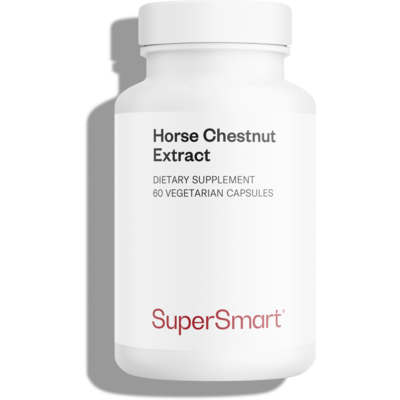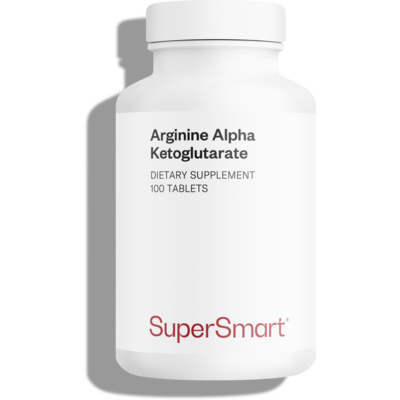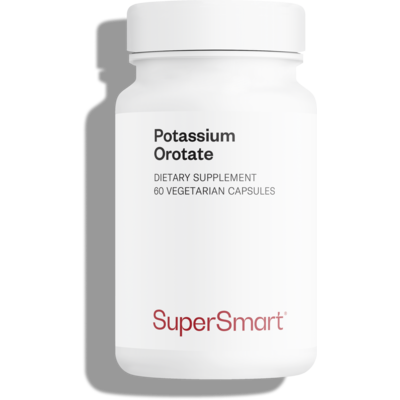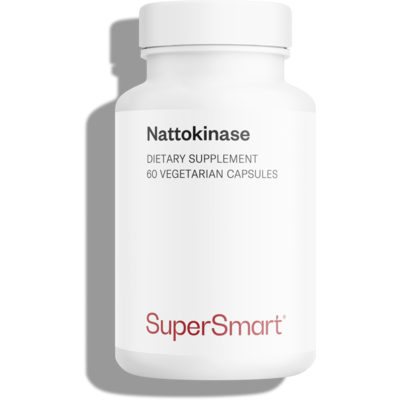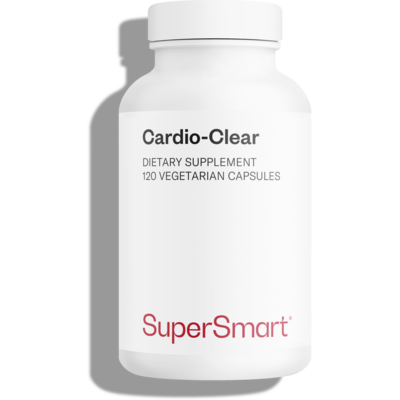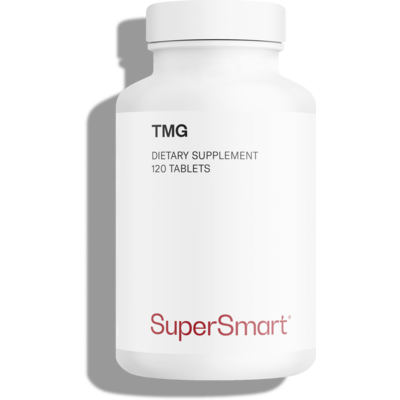Limited quantity
Taxifolin
Taxifolin Supplement with Dahurian Larch Extract to Support Wellness *
Create Your Offer
Taxifolin, also known as dihydroquercetin, is a naturally occurring flavonoid with a structure similar to quercetin. Sourced from Dahurian larch and standardized to 90% dihydroquercetin, it has been traditionally used and is being explored in emerging research for its potential to support overall wellness, including circulation, cognitive function, immune health, and the body’s natural response to everyday environmental factors.*
Potential Wellness Benefits of Our Taxifolin Supplement*
While more research is needed, taxifolin has been featured in numerous scientific studies over the past several decades. These investigations have explored its potential to help support overall wellness, with a focus on areas such as cellular protection and circulatory health.* This growing body of research continues to spark interest in taxifolin as a nutritional supplement.*
Among other areas of interest, research has suggested that taxifolin may offer support in the following ways:*
- Preclinical research suggests that taxifolin may offer antioxidant support, with comparisons made to compounds such as vitamin E and carotenoids.*
- Some studies have explored its role in supporting natural circulatory balance and overall vascular wellness.*
- Taxifolin has also been studied for its potential to help maintain comfort and function in the eyes and blood vessels.*
- Taxifolin has been examined for its potential to help maintain the body’s natural oxidative balance.*
- Some research has looked into its possible influence on lipid transport markers, such as apolipoprotein B.*
- Animal studies suggest taxifolin may influence the body’s handling of dietary fats and related markers.*
- Emerging research indicates a possible role in maintaining cognitive function and overall nervous system wellness.*
- Some findings suggest a potential benefit for mood, sleep quality, and emotional balance.*
- Preliminary evidence has explored its impact on memory and mental clarity in various settings.*
Potential Support for Cellular Health*
Research suggests that taxifolin may offer gentle support for the body’s natural ability to maintain cellular balance, particularly as part of a healthy aging routine.* In one study, it was observed to help support red blood cell stability under certain conditions, which may contribute to overall cellular wellness.*
Taxifolin may also help support the natural integrity of white blood cells when challenged by everyday environmental factors.* This gentle support may contribute to overall cellular wellness as part of a balanced lifestyle.*
Potential Support for Overall Well-Being*
Taxifolin is formulated to potentially support overall well-being in a variety of ways, including : *
- May help the body maintain a natural response to occasional inflammation* – Emerging research suggests taxifolin could play a role in supporting a balanced internal environment.*
- May support general circulatory well-being* – Studies have looked into how taxifolin might assist with maintaining vascular comfort and overall balance.*
- May help the body maintain normal liver function* – Some findings point to a possible role for taxifolin in supporting natural liver processes.*
- May contribute to cognitive wellness* – Preclinical studies have examined taxifolin for its potential to help maintain healthy brain function over time.*
Maintaining overall well-being is an important part of a balanced lifestyle. Our dihydroquercetin supplement is formulated to gently support the body’s natural equilibrium and contribute to general wellness over time.*
Potential Support for Antioxidant Balance*
Taxifolin is a naturally occurring compound that may offer gentle support for the body’s natural defenses against everyday environmental factors.* It is being explored for its potential to help maintain normal cellular balance and overall wellness.*
By contributing to a healthy oxidative environment, taxifolin may support various aspects of health, including cellular and immune function.* Although more research is needed, early findings suggest that it could be a helpful addition to a balanced routine aimed at long-term well-being.*
As part of a wellness-focused lifestyle that includes a nutritious diet and healthy habits, taxifolin may provide complementary support for overall health maintenance.*
Potential Support for Immune System Function*
This supplement may help support the body’s natural immune function as part of a balanced wellness routine.* Its antioxidant properties may contribute to maintaining internal equilibrium and assist the body in responding to occasional environmental or seasonal challenges.*
This supplement may help maintain the normal function of red and white blood cells, supporting overall cellular balance.* It could assist the body in responding to everyday environmental factors and contribute to general wellness.*
How Do Dihydroquercetin and Dahurian Larch Supplements Work?*
Dihydroquercetin has been the focus of several studies over the years, aimed at exploring its natural properties and potential contributions to overall well-being.* Some research has looked into how it may interact with biological processes in the body.*
Early research suggests it may contribute to overall cellular balance by influencing pathways involved in the body's internal regulation processes.* It may also influence enzymes and signaling molecules that help maintain balance in immune and metabolic functions.* Research has also examined its potential interactions with naturally occurring minerals like iron and copper, which play important roles in overall cellular health.*
Potential Considerations for Taxifolin Supplementation*
Before adding a taxifolin supplement to your routine, it is recommended to do some research and consult with a qualified healthcare provider for advice.* While taxifolin is generally well-tolerated, individual experiences can vary. *
If you notice any unusual effects after starting supplementation, consider discontinuing use and speaking with your provider. *
As always, it is recommended to follow the suggested use instructions on the label unless directed otherwise by a healthcare provider. Avoid exceeding the recommended serving, as doing so may increase the likelihood of unwanted effects.*
WARNINGS
Do not exceed the recommended daily dose. This product is a nutritional supplement and should not be used as a substitute for a varied and balanced diet or a healthy lifestyle.
STORAGE
Store in a cool, dry place away from direct sunlight, heat, and humidity. Keep out of reach of children.
PREGNANCY AND MEDICAL CONDITIONS
If you are pregnant, breastfeeding, or have any medical conditions, consult your healthcare provider before using this product.
SUPPLEMENT INTERACTIONS
Consult your healthcare provider before use, especially if you are taking any medications or other supplements as there may be potential interactions.
Need Help?
Phone Number
+1 (786) 522-3907
From 9 am to 6 pm (EST)
Email Address
You May Also Like

